
Setting SMART goals is a critical step in the development of any training program. What is the point of the training program if it doesn’t have a goal? Furthermore, without goals, it can be challenging to determine how to achieve milestones for your facility. However, goals must meet several criteria to be effective. “My goal is to improve Operational Readiness.” What does this really mean?
While “…improve Operational Readiness” is a great starting point, it is missing all of the principles in setting practical goals. SMART goals utilize five basic principles to maximize the effectiveness of the goal. Therefore, by setting a SMART goal, you can set objectives and create a clear roadmap for how you’ll reach your intended target. SMART goals are:
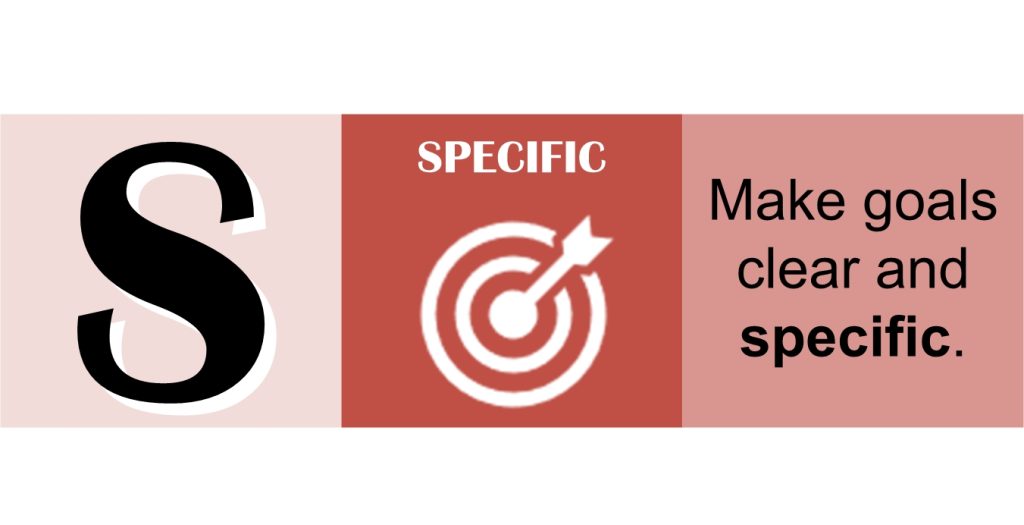
Be as clear and specific as possible with what you want to achieve. The more narrow the goal, the more you’ll understand the steps necessary to achieve it. “My goal is to improve Operational Readiness” isn’t very specific; Operational Readiness can cover a wide range of topics. “My goal is for my Operations Department to be ready to start and operate the facility using the new DCS System” is a more specific goal; however, as we will soon discover, is still missing several key factors in developing SMART goals.
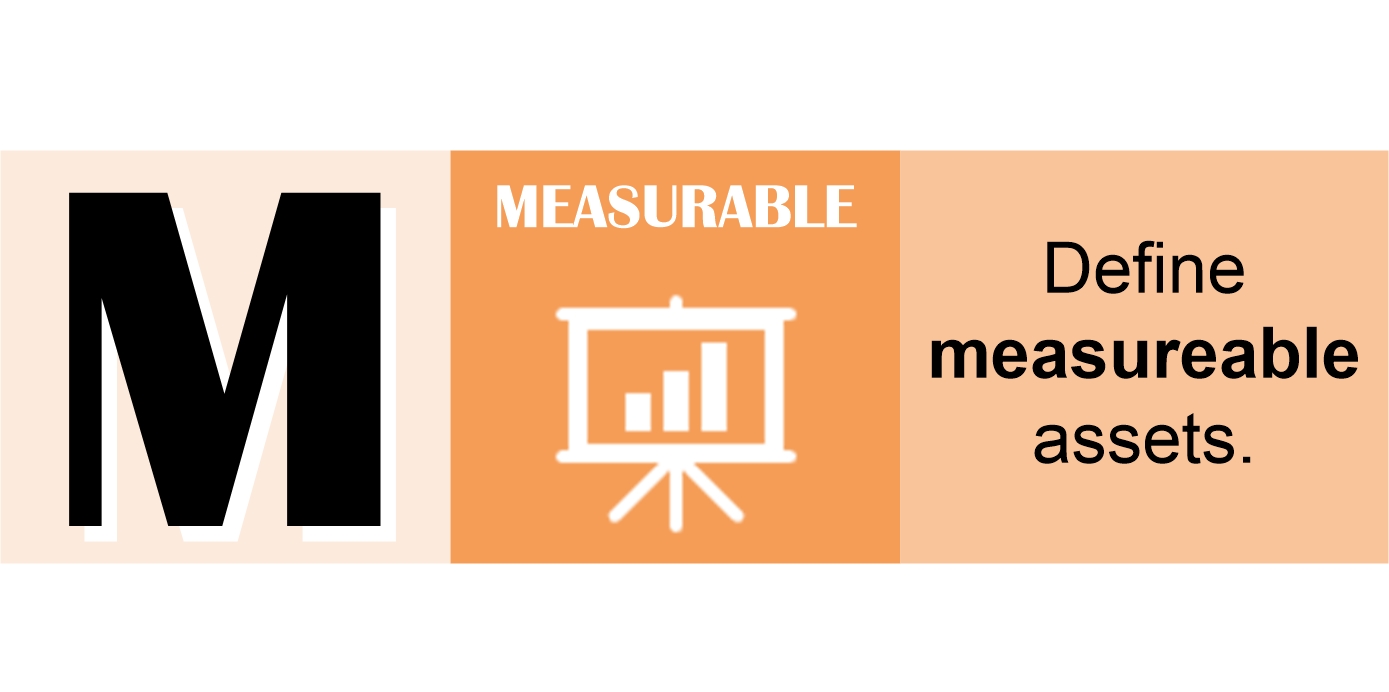
What evidence will prove that you are making progress towards your goal? What evidence will prove that you achieved your goal? Setting milestones along the way will provide you the opportunity to evaluate your progress and, if needed, adjust your methods being used to pursue that goal. “My goal is for my Operations Department to be ready to start and operate the facility using the new DCS System. This goal will be considered effective if there are zero procedural violations. One milestone will be to have each operator attend an operational training session, and achieve a 100% on the exam.” This goal is specific, it is measurable (and has an effective milestone), it still is missing a couple of key factors.
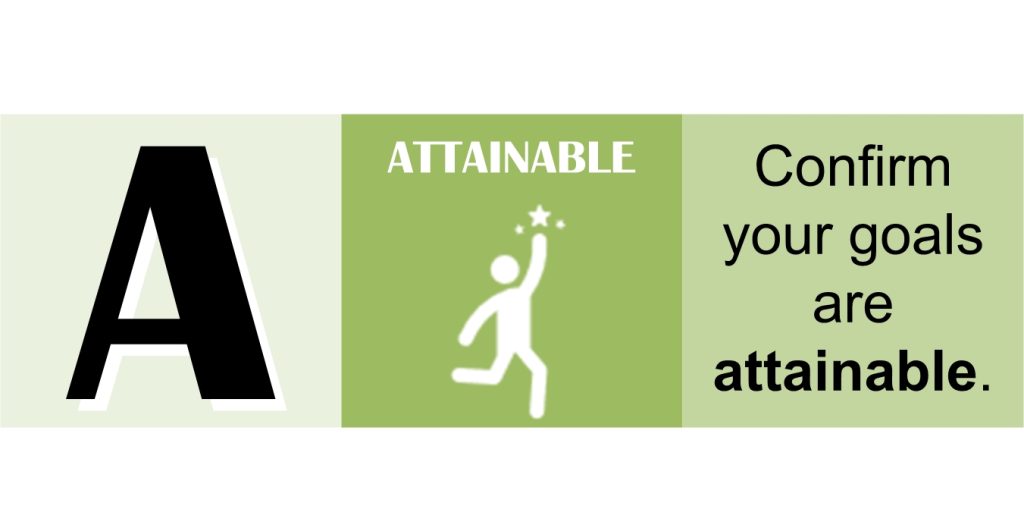
Setting goals you and your team can reasonably accomplish within a specific timeframe will help keep them motivated and focused. Is having every operator achieve a 100% on the training exam realistically achievable? (If it is, the training exam is probably too easy!) Nor is having zero procedural violations a realistically achievable goal. Mistakes happen; having a single mistake by a single person that results in a failure to achieve your goal isn’t very helpful.
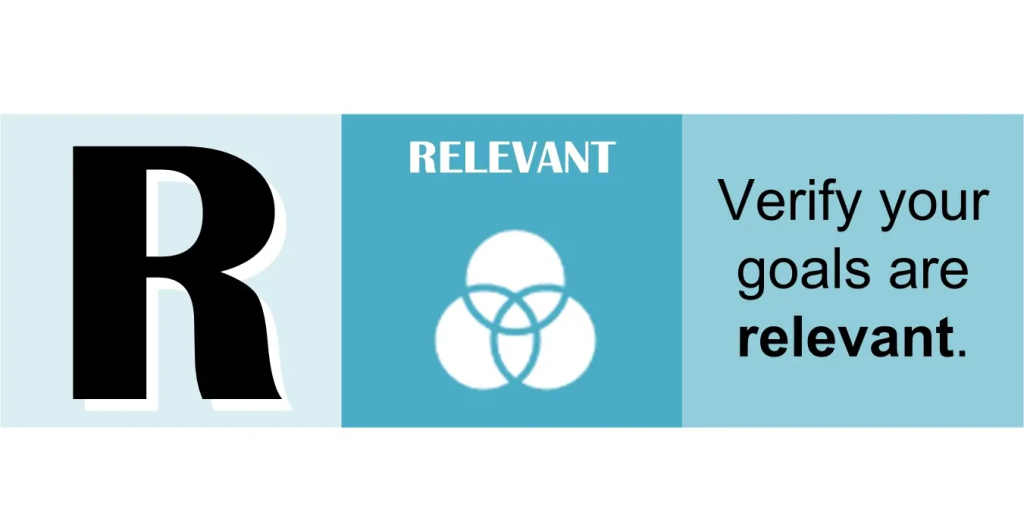
When setting goals, you must consider whether or not they are relevant. The goals should align with your team and its larger long-term goals. If a goal doesn’t contribute toward your broader objectives, you might rethink it. Why is the goal important to you? How does achieving this goal help you? How will it contribute toward your long-term goals?
“My goal is for my Operations Department to be ready to start and operate the facility using the new DCS System. This goal will be considered effective if there are no procedural violations that require the shutdown of the facility. This is aligned with the Operations Department’s long-term goal of maintaining 100% availability. One milestone will be to have each operator attend an operational training session, and achieve a score of 80% on the exam; any operator who fails to achieve this score will attend a remediation session and re-take the exam.” This goal is almost there; one more factor plays into making this a SMART goal.
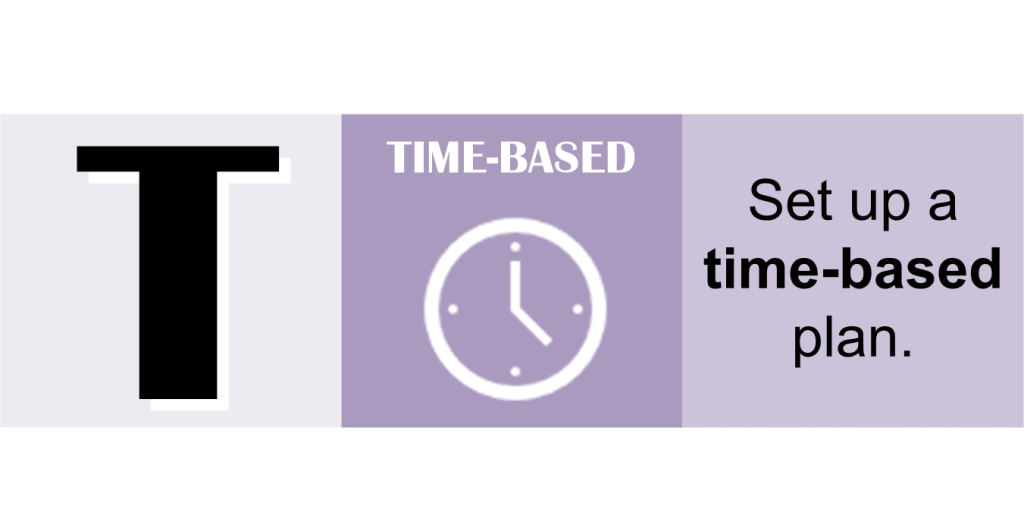
What is the time-frame for achieving the milestones associated with your goal? What is the time frame for determining if the actual goal was achieved? An end date can help provide motivation and help you prioritize resources towards achieving the goal. It can also provide insight as to whether or not the goal is achievable. In this example, if operations using the new DCS system were scheduled for next week, the goal is undoubtedly time-based; however, it is probably no longer achievable.
“My goal is for my Operations Department to be ready to start and operate the facility using the new DCS System. This goal will be considered effective if there are no procedural violations that require the facility’s shutdown during the first month of operations. This is aligned with the Operations Department’s long-term goal of maintaining 100% availability. One milestone will be to have each operator attend an operational training session and achieve a score of 80% on the exam; any operator who fails to achieve this score will attend a remediation session and re-take the exam. This training session will occur 30 days before scheduled operations.” This goal statement is SMART.
What are the training goals for your facility? Do they meet the SMART goal criteria?